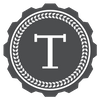How to face a job hunt ... during a pandemic
This spring, some Turing School alumni were looking for their first job after completing the program and others needed to find new opportunities after COVID-19 disrupted their company. They shared how they took on a job hunt during this time.

At times, searching for a job can feel like a slog to even the most well-connected and seasoned professionals. Every company has been uniquely affected by COVID-19, some having to implement hiring freezes and/or layoffs to respond to the uncertain times. Turing School alumni were not untouched by this, some looking for their first job after completing the program in early 2020 and others needing to find a new opportunity after their company had to make difficult decisions.
Leaning into the skills they learned and the alumni network of over 1000 gained from Turing, some of our alumni share how they conquered a job hunt in the midst of a pandemic.
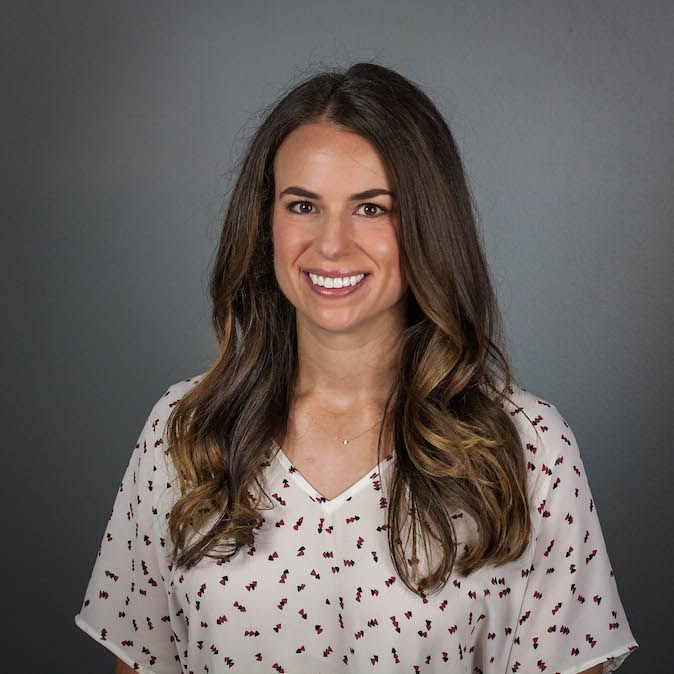
Prior to attending Turing, Alison worked in the fitness industry as a trainer and operations manager. As a former coach, she enjoys guiding and mentoring others to explore their potential and looks forward to the scalability possible with technology. Alison recently started work as a Software Engineer at Altiva Solutions.
Q: What did you find to be the most effective method of outreach during your job hunt?
A: Definitely leveraging my personal network and the Turing alumni network. I am fortunate to have worked in an industry prior to Turing where I knew a lot of people on a personal level. I followed up with every person who offered to help or chat with me as I transitioned into software engineering. If they offered to introduce me to someone else, I always accepted. I started networking hard during Mod 2 by setting up meetings before starting Mod 3. Turing alumni were also really helpful. I had lunch with a couple of them, and I did cold outreach when I saw they worked at companies I was interested in. They were always willing to chat with me, and I’m grateful for that.
Q: How did you make the initial connection with your current employer? How long did the process take from initial contact to job offer?
A: My job offer came from my personal network. A friend of mine introduced me to her friend, who in turn introduced me to her friend. He mentioned reaching out if I was interested in what they were doing, so I sent over my resume right after we re-did them in Mod 3. He passed it up to his boss who asked me to apply officially. A phone interview was set up for the next day. My first contact with the lead dev was February 21, my offer was signed April 22. It’s worth noting that my third and final interview got pushed back a week due to COVID-19, then had to be done remotely. In the meantime, the company went on a hiring freeze but they interviewed me anyway.
Q: Were there any specific websites/job boards/resources that were particularly helpful for you to identify companies that are hiring during COVID-19?
A: I was fortunate enough to make contact before, but I was often referencing links and spreadsheets that Turing posted in the meantime.
Q: Was there anything that you found to be more or less difficult about interviewing in a remote world?
A: I’m very thankful I had a couple of weeks of remote Mod 4 under my belt before my final interview so I had an understanding of what a video chat with 4-8 people might look like.
Q: If you could give one last word of advice to job hunting alumni, what would it be?
A: Follow up, follow up, follow up! If you haven’t exhausted your personal network with warm outreach, do that first. Always send thank-you notes. Then start following up with every person you’ve talked to with updates to keep the conversation open. Don’t be afraid of cold outreach! Invite folks you’ve connected with to Turing events (Mod 4 Cross-Poll Open House, Code Fair, Demo Comp). I did this, and I got my offer the day after they came to our Mod 4 project demo.
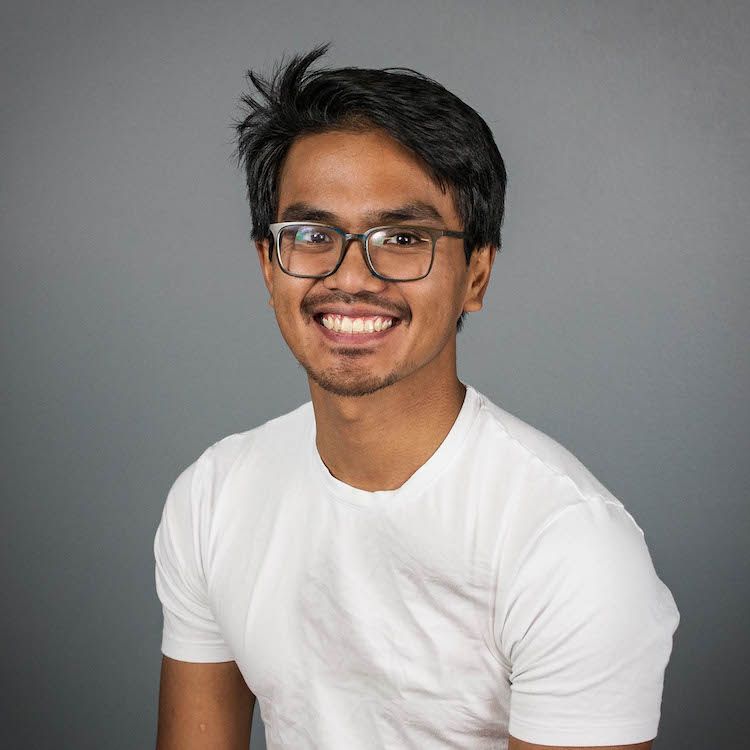
Prior to attending Turing, Jomah worked as a medical assistant. Jomah is an agile-oriented Back End engineer with focus on test-driven, empathetic code and recently started work as a Software Engineer at Uplight.
Q: What did you find to be the most effective method of outreach during your job hunt?
A: I had the most positive interactions reaching out to Turing alums and folks I knew through mutual contacts, given I reached out to the mutual contact first.
Q: How did you make the initial connection with your current employer? How long did the process take from initial contact to job offer?
A: I made first contact with Uplight through a posting on a Turing Slack channel. It took about a full month from when I first made contact to signing an offer.
Q: Was there anything that you found to be more or less difficult about interviewing in a remote world?
A: Arranging coffee/informational meetings was almost easier, since it was always implied to be a Zoom meeting. No worrying about logistics on when/where to meet; just needed to be at your computer and ready to Zoom at a certain time
Q: If you could give one last word of advice to job hunting alumni, what would it be?
A: Definitely try to reach out to whatever network you already have first. Just having folks looking for opportunities for you can be really helpful.
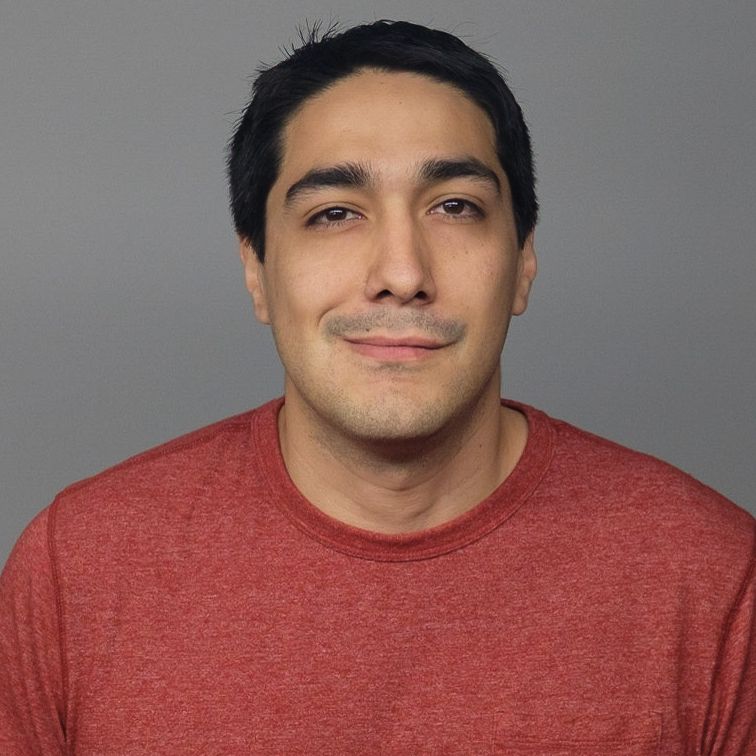
Prior to attending Turing, Dan worked in the food industry, marijuana industry, and in video production. Software development excites Dan because it is ever changing with technology and innovation. Dan started work as a Senior Web Developer at Aetna after his former company was impacted by layoffs due to COVID-19.
Q: What did you find to be the most effective method of outreach during your job hunt?
A: To me the most effective outreach method was simply telling people in my Turing network. The amount of people that stepped forward to help was amazing and meant such a great deal to me.
Q: We have heard some concern from alumni in the community around addressing their layoff to future employers during the interview process. Was this part of your conversation with your current employer?
A: I simply told them it was because of the pandemic. It is honest and it is not something that can be controlled by me, the employee. All my interviewers understood and did not require more explanation.
Q: How did you make the initial connection with your current employer?
A: I had a friend at Aetna, when she heard I was laid off she put in a good word for me and gave me the emails of the people I would need to contact.
Q: Were there any specific websites/job boards/resources that were particularly helpful for you to identify companies that are hiring during COVID-19?
A: I used Linkedin, and BuiltIn Colorado. However almost all my interviews came from network recommendations.
Q: Was there anything that you found to be more or less difficult about interviewing in a remote world?
A: I think for me it was more or less the same as when life was not quarantined. My "in person" interview was just made into a long Zoom interview. There were some technical difficulties, so be prepared to troubleshoot.
Q: If you could give one last word of advice to job hunting alumni that were recently impacted by a layoff, what would it be?
A: I am very fortunate to have the network I have, and I think Turing talks a lot about networking, this is the time that it pays off. Right now there are a lot of people who are looking for work. I looked into healthcare as it will be around for the foreseeable future. And having people I know who work for the company helped so much. I felt like I was fast tracked through the process.
